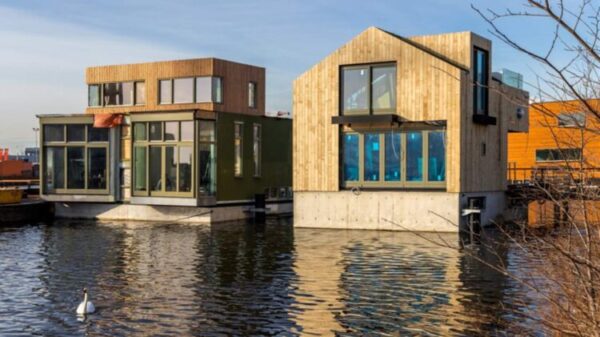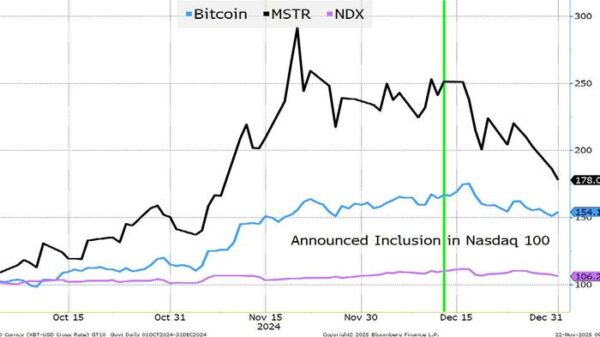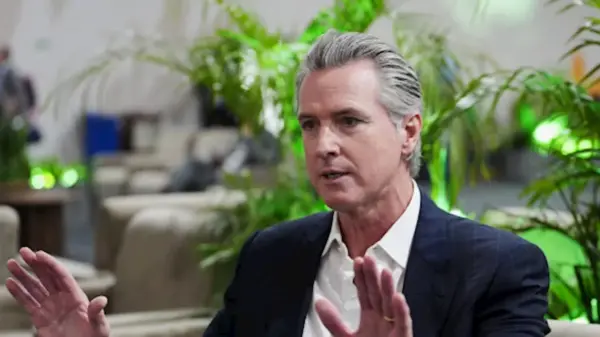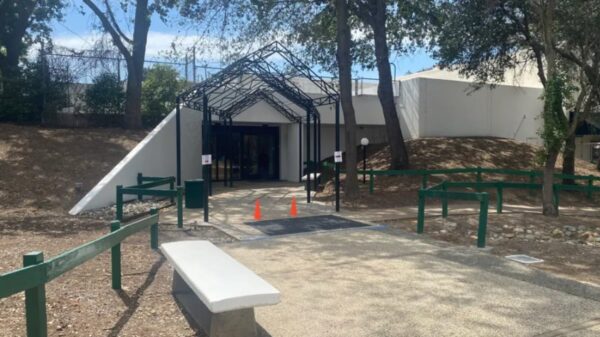The ongoing crisis of species extinction in the natural world has a corresponding impact on human health, particularly through the loss of microbial diversity within our bodies. This connection reveals a significant correlation between the health of our ecosystems and our physical well-being, suggesting that as we lose biodiversity on a global scale, we may also be diminishing the microbial populations that are essential to our health.
Human bodies are complex ecosystems, home to a diverse array of microorganisms including viruses, fungi, and bacteria. Collectively known as the human microbiome, these organisms play crucial roles in digestion, immune regulation, and protection against disease. While many are familiar with the gut microbiome, these microorganisms inhabit various parts of the body, from our skin to our nasal passages. In fact, approximately 90 percent of the cells in the human body are microbial.
Anastasia Theodosiou, from the University of Glasgow, emphasizes the parallel between microbial extinction and global biodiversity loss, stating, “What’s happening inside our own bodies is kind of mirroring what’s happening at a global ecosystem level.” This perspective highlights the importance of considering human health through an ecological lens.
Research indicates that exposure to diverse natural environments can enhance our health. Studies show that richer biodiversity correlates with healthier human microbiomes. In urban areas, the prevalence of inflammatory disorders such as allergies and asthma is notably higher, a trend that has emerged as infectious diseases have declined but autoimmune conditions have risen. Ina Schuppe Koistinen, an associate professor at the Karolinska Institute in Sweden, notes that this phenomenon may be linked to the loss of microbial exposure.
The biodiversity hypothesis arose from studies conducted in the 1980s, particularly the Karelia Allergy Study, which compared populations in Finnish and Russian Karelia. Despite their genetic similarities, the Finnish side exhibited significantly higher rates of allergies and asthma, attributed to their urbanized lifestyle and reduced exposure to nature. This foundational study set the stage for ongoing investigations into the relationship between health and natural environments.
As deforestation continues at alarming rates, with over 8 million hectares (approximately 20 million acres) destroyed in the past year, the disconnect between humans and nature has intensified. By 2050, it is projected that around 70 percent of the global population will reside in urban areas, further diminishing our contact with natural ecosystems. The consequences of this disconnection are profound, contributing to weakened immune systems and rising instances of anxiety and asthma.
Environmental degradation is also a significant factor in the emergence of infectious diseases. Habitat loss brings humans and wildlife into closer contact, which can facilitate the spread of pathogens. Research published in March 2024 concluded that preserving Amazonian forests could help protect millions of people from various diseases, underscoring the interconnectedness of human health and environmental integrity.
Despite these challenges, there is hope in the findings of recent studies that illustrate the benefits of enhancing biodiversity in urban environments. A comprehensive review of 1,550 studies indicated that initiatives aimed at promoting biodiversity, such as tree planting and habitat restoration in city parks, yield substantial benefits for both human health and environmental stability. Erica Spotswood, a senior scientist at the San Francisco Estuary Institute, highlights the dual advantages by stating, “If you take action for biodiversity in cities, these actions will also likely yield benefits to human health.”
Engagement with nature has immediate positive effects. A notable study from Finland showed that participants who spent just one month gardening experienced increases in beneficial skin bacteria and improved immune responses. The key factor was not merely the act of gardening but the exposure to healthy, biodiverse soils.
This research underscores the vital connection between our health and the natural world. Every meal, breath, and touch links us to the ecosystems surrounding us. As the urgency grows to protect our own microbial citizens, there is a compelling call for society to strive for a richer, more diverse natural environment. The preservation of biodiversity is not just an environmental issue; it is a critical component of public health that requires immediate attention and action.







































































